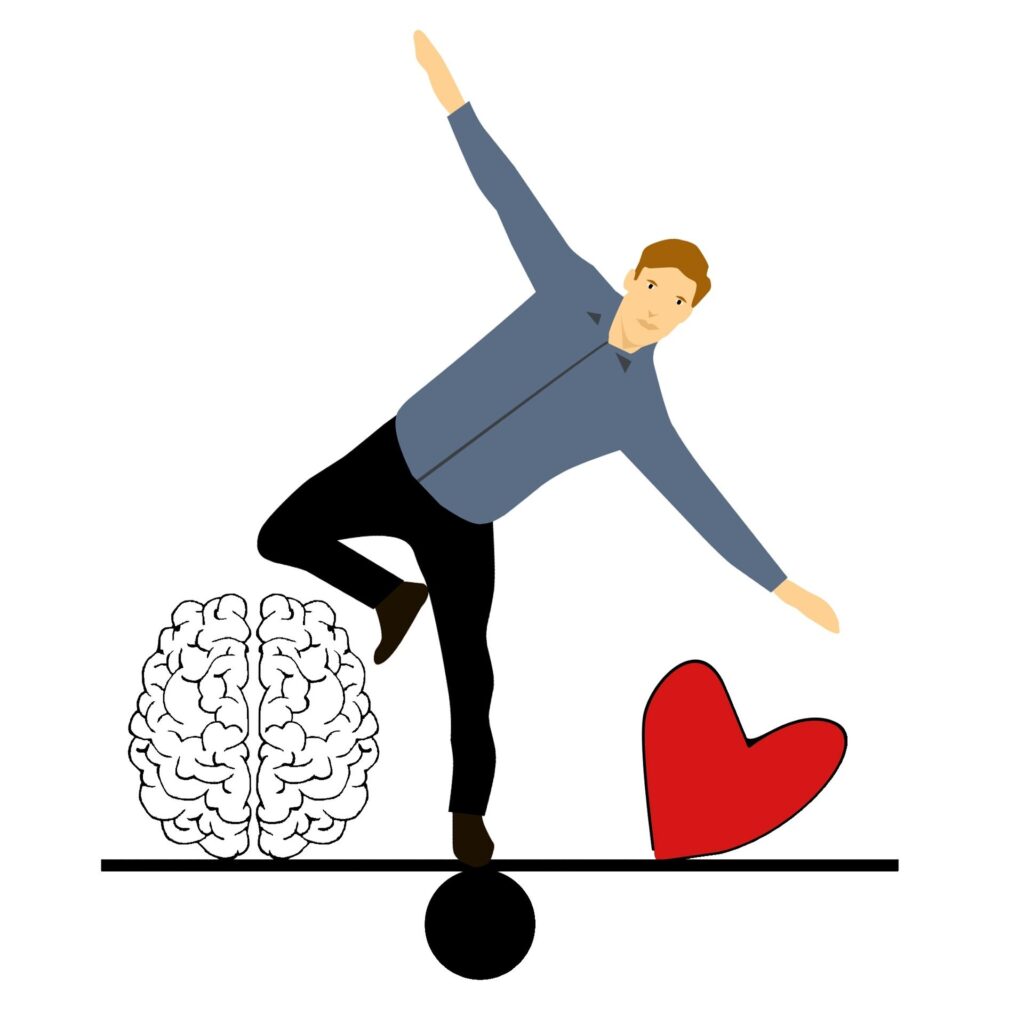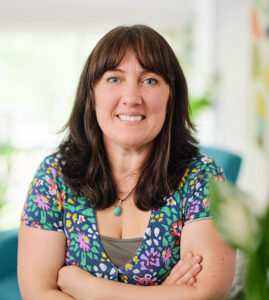
Compassion Focussed Therapy (CFT) is being used more and more by psychologists and therapists including in NHS health settings.
Its the brainchild of Dr. Paul Gilbert (OBE), a highly regarded psychologist developed the model whilst working in NHS hospital settings with people severe depression and not responding to traditional Cognitive Behavioural Techniques.
However, it can to be used on a very wide range of mental health problems from mild to severe and has a strong evidence base for:
- Depression, particularly caused by self criticism and shame.
- Anxiety and Stress.
- Anger.
- Low Self Worth.
- Trauma
- Addictions
CFT draws from:
- Cognitive Behavioral Therapy: To help you develop more helpful ways of thinking.
- Buddhism: To develop compassion and mindfulness.
- Evolutionary psychology: To understand that your mind has evolved this way.
- Attachment Theory: To understand how early life experiences have affected you.
- Neuroscience/Mind Body theory: To understand more about the biology of the brain and also how breath/ body can help your mental health.
What is the science behind Compassion Focussed Therapy?
Despite it being called “Compassion” Focused Therapy” it is about much more than just kindness and self care.
It is rooted in new neuroscientific evidence regarding how a lack of compassion towards ourselves both causes and perpetuates mental health problems. This is because our brains have 3 emotional systems: Drive (responsible for acquiring goods and competing for status); Threat (responsible for keeping us safe from harm); Sooth/Compassion (responsible for giving and receiving love and rest).
We have evolved with these emotional systems because we needed them to survive. All mammals have them. However, life events, and also modern society, means that the “Drive” and “Threat” system are often over stimulated which leads to stress, depression, anxiety and anger. In order to regulate these two drives we need compassion to stimulate the soothing system.
What happens in Compassion Focussed Therapy Sessions?
CFT therapists will teach you techniques to practice compassion at home and also ask you to reflect on certain situations and how they impact on your thoughts and feelings etc. In the sessions you will:
- Explore what compassion means to have a shared understanding.
- Explore how you feel and react to certain events at the moment.
- Explore where this has come from in terms of your past relationships and events.
- Discuss “psycho education” and help you understand how our “tricky brains” have evolved and how our brains and bodies work.
- Use mindfulness to help you increase awareness of your distress.
- Learn new compassionate responses to yourself through specific compassion meditations and help you deal with any resistances.
Can I increase self compassion without going to therapy?
If you feel you need to increase self compassion but do not want to see a therapist at the moment its possible to try techniqes at home. However, bare in mind that if you have experienced traumatic experiences it is recommended to see a therapist either privately or through the NHS.
- Notice when you are being critical or putting your self under too much pressure. What would you say to a friend?
- Imagine an internal “compassionate companion” who is there for you, not judging you and wants to be helpful.
- Practice soothing breathing to stimulate the compassionate self and cultivate qualilties of wisdom, care and courage towards yourself.
For more information about Compassion Focussed Therapy explore The Compassionate Mind Foundation.
How Can I Access Compassion Focussed Therapy?

